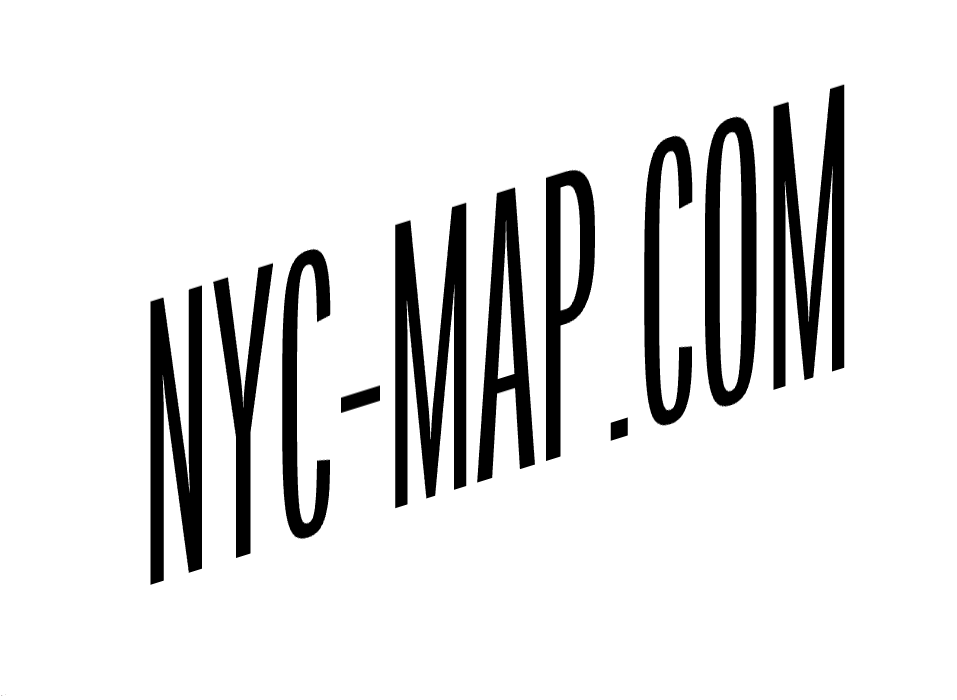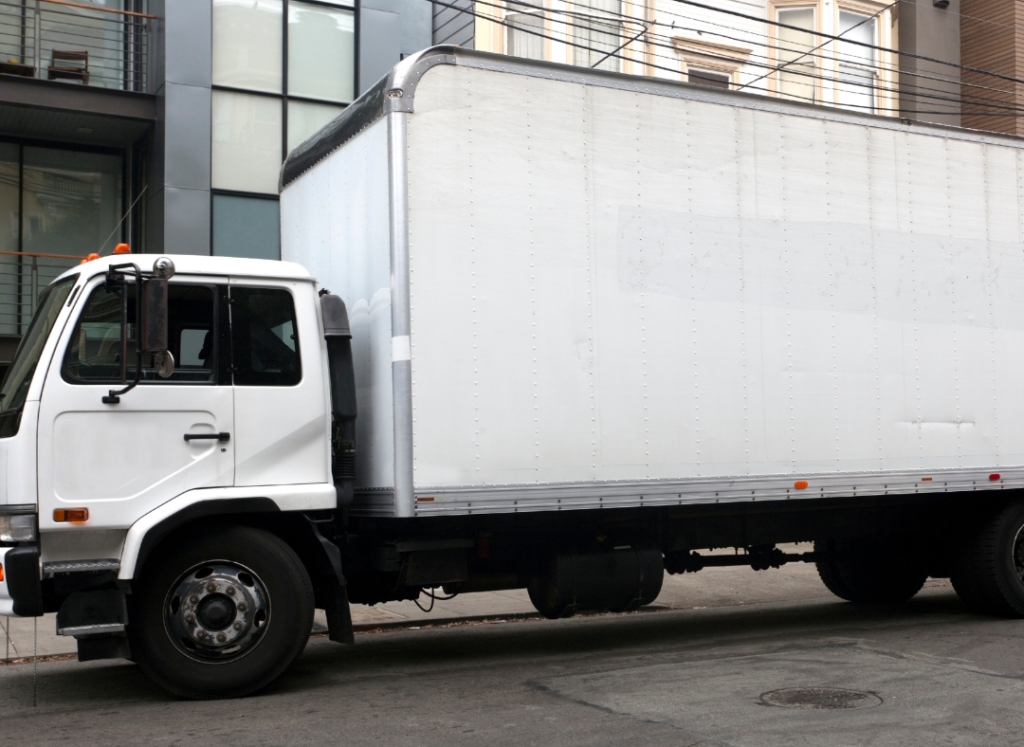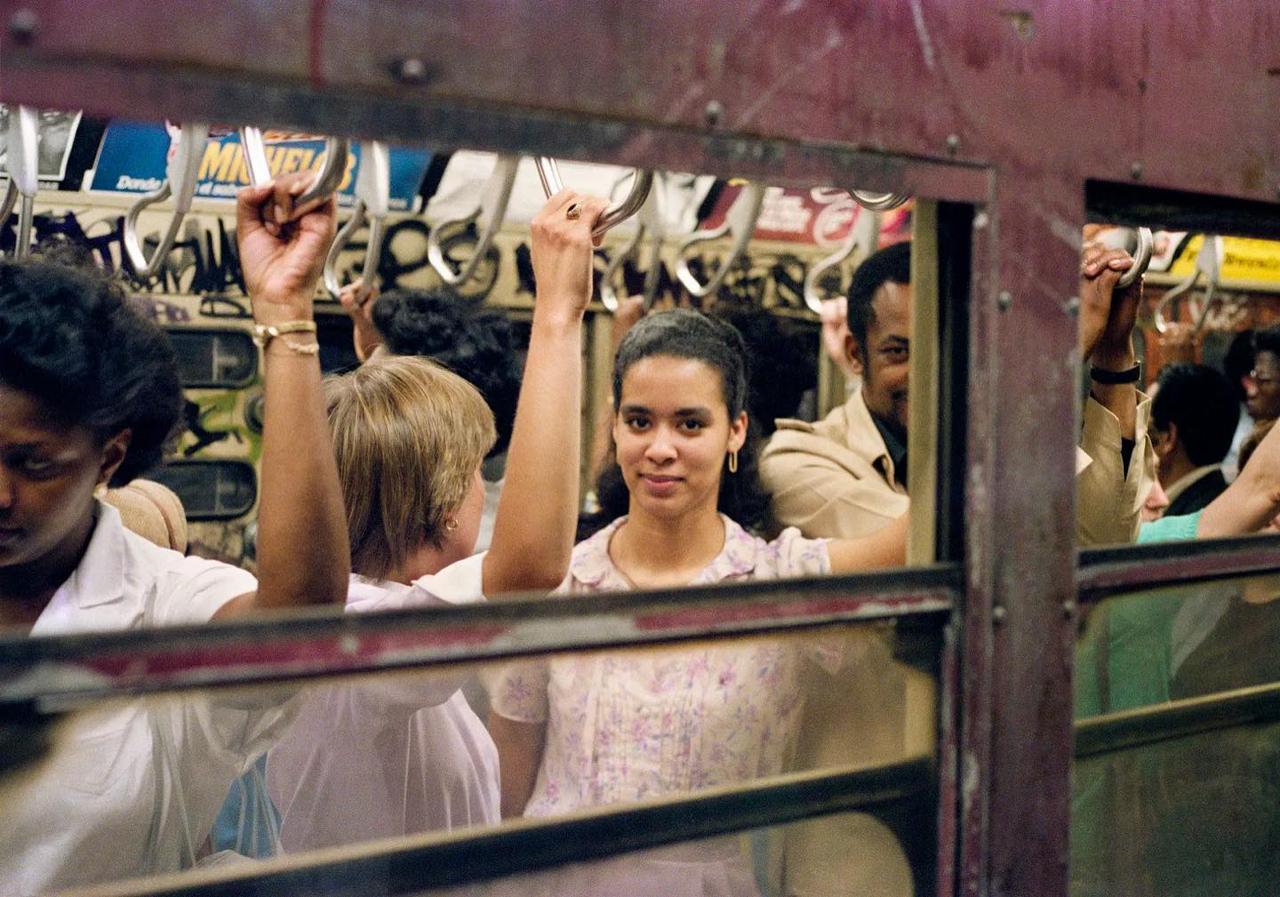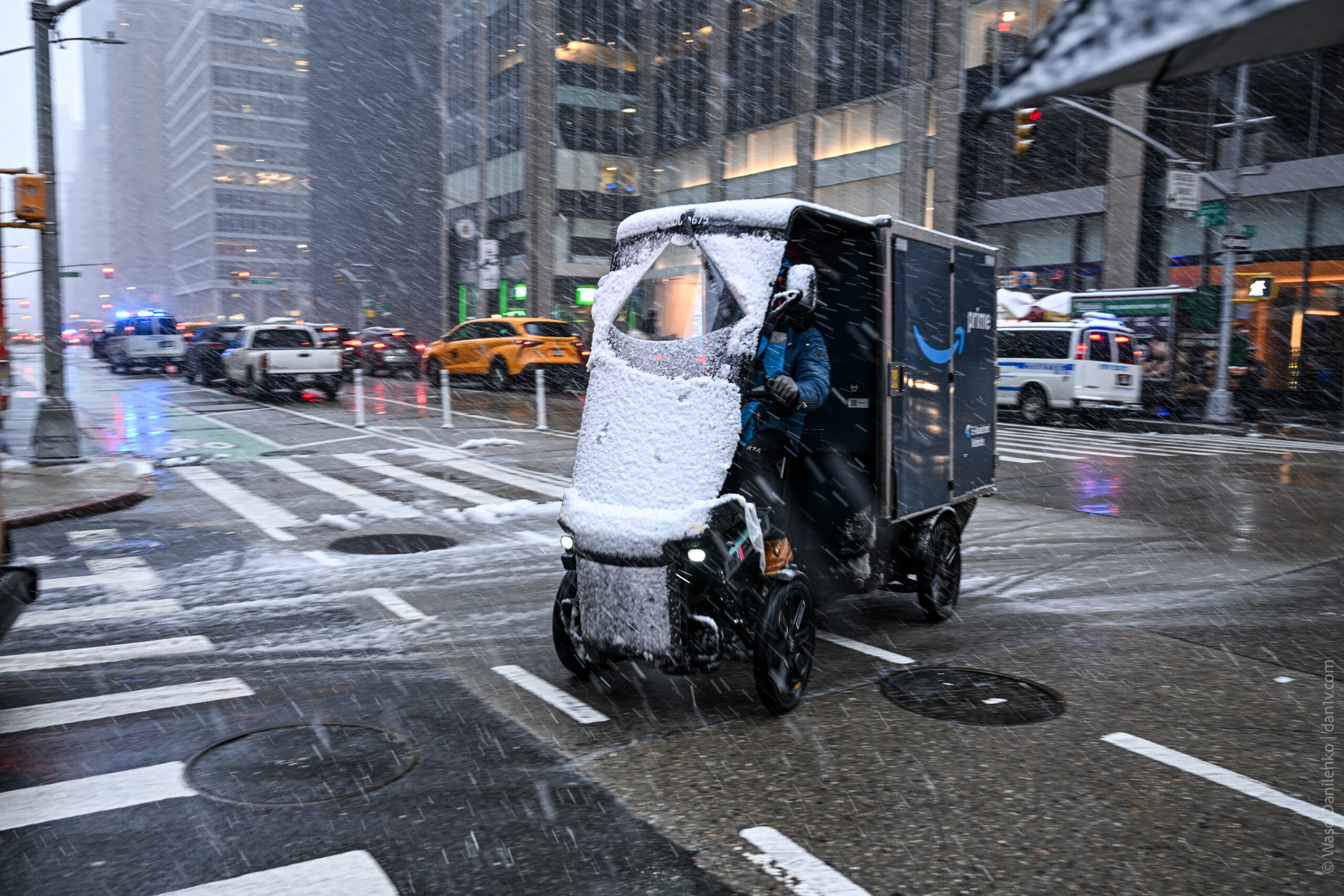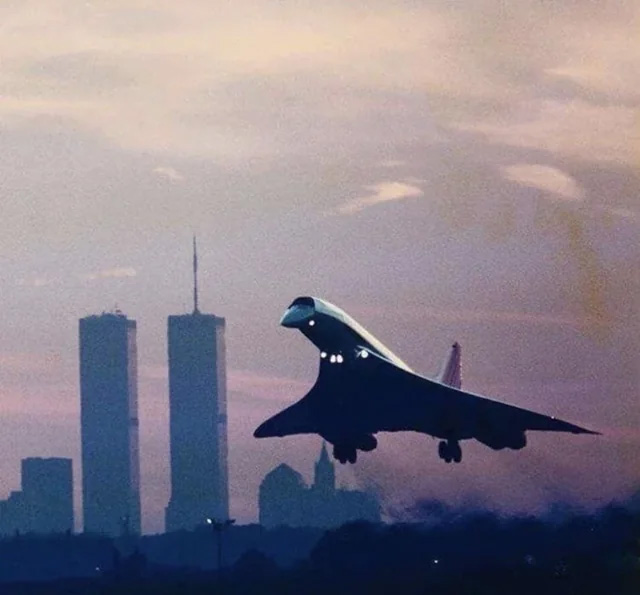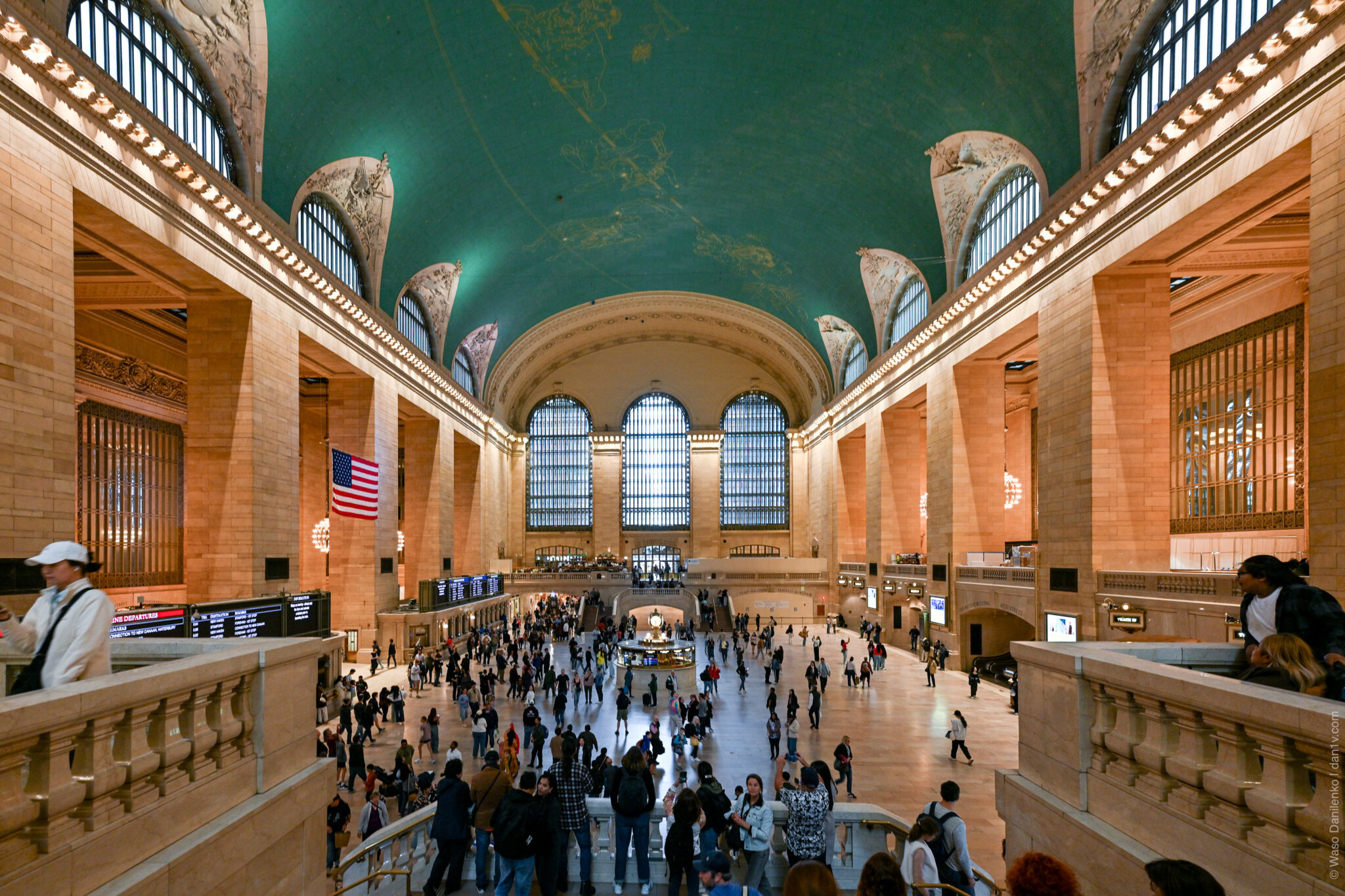It sounds unbelievable, but there are people in New York who earn half a million dollars a year… just by filming trucks that sit with their engines running.
When I first heard about this from a friend, I didn’t believe it — until she showed me the payments on her phone. Recently, the story even made it to the New York Post, so now I can safely explain how this gold mine works.
Idling Fines in New York City
Since the early 1970s, New York City has had a law prohibiting trucks from standing with their engines running — something known as idling, meaning running on idle without moving.
The rules are straightforward:
- Trucks and commercial vehicles cannot idle for more than 3 minutes.
- School buses cannot idle for more than 1 minute.
The reason: fighting air pollution.
For decades, no one paid much attention to this law — until 2019, when the Citizen Idling Complaint Program launched. The program decided to reward anyone who submits a valid complaint:
- 25% of the fine if you upload your video to the Department of Environmental Protection (DEP),
- or 50% of the fine if you send it directly to OATH, New York City’s administrative court.
And here’s where it gets interesting: idling fines range from $350 to $2,000, 95% of complaints are confirmed, and for some people, the streets of New York have turned into a literal gold rush.
New York’s “Environmental Bounty Hunters”
According to the DEP, here are the top-earning “eco bounty hunters” (estimated totals range from $500,000 to $1 million):
- Ernest Welte, East Village, Manhattan: $895,737,
- Wanfang Wu, Lower East Side: $748,825,
- Ephraim Rosenbaum, Lower East Side: $725,025,
- Michael Streeter, Brooklyn Heights: $709,975,
- Patrick Schnell, Boerum Hill, Brooklyn: $582,800,
- And somewhere a bit further down the list should be my friend.
To earn money, all you need to do is film a truck idling for more than 3 minutes (or a school bus for more than 1 minute) and submit the video to DEP or OATH.
The number of complaints from such “hunters” is skyrocketing: 49,000 in 2022, and already 124,000 in 2024.
Now officials want to close the book and impose caps on payments, adding that “the program wasn’t intended to generate six-figure income” or “it doesn’t necessarily make participants millionaires.”
But as far as I understand, implementing the caps will take some time, so even today you could still earn the first 25% of your fine if you live in New York.
